Menu

When the warm weather hits, so do the mosquitoes. These tiny, buzzing pests can turn a peaceful evening into a frustrating battle, leaving behind itchy bites and potential health risks. At Wheeler's Pest Control, we offer effective mosquito removal and control services. Whether you’re looking for mosquito treatment in Winchester, California, or need a comprehensive mosquito control service, we’ve got you covered. Keep reading to learn more about mosquitoes, their habits, the dangers they pose, and how you can protect your home and family.
Mosquitoes often breed in stagnant water, which makes ponds, birdbaths, and even puddles around your home ideal breeding grounds. Female mosquitoes will lay their eggs in water, and within a few days, those eggs hatch into larvae. These larvae then develop into adult mosquitoes, ready to start the cycle over again. What’s particularly alarming is how quickly this process occurs. Under the right conditions, a mosquito can go from egg to adult in less than a week. This rapid life cycle is why it’s so important to act quickly when you notice standing water around your home. Eliminating these breeding sites is a key component of effective mosquito control in Winchester.
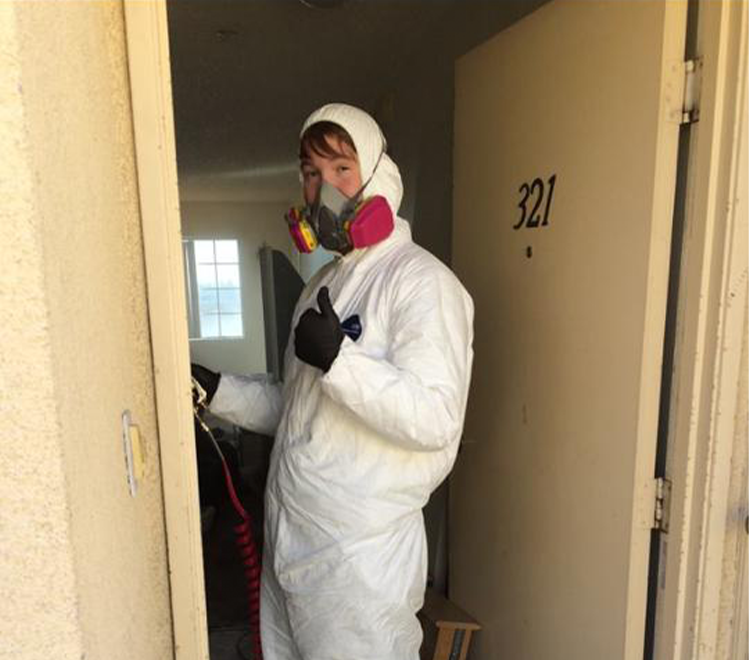
Mosquitoes carry various diseases, some of which can be life-threatening. Dengue fever, as well as Zika and West Nile virus, are a few of the diseases that mosquitoes can transmit to humans. They can cause symptoms ranging from mild fever to severe neurological damage, and in some cases, they can be fatal. West Nile virus, for instance, has been found in many parts of the United States. While most infected people experience mild symptoms, about 1 in 150 will develop severe illness, which can include encephalitis or meningitis. This makes mosquito control in Winchester not just a matter of comfort but a serious public health concern.
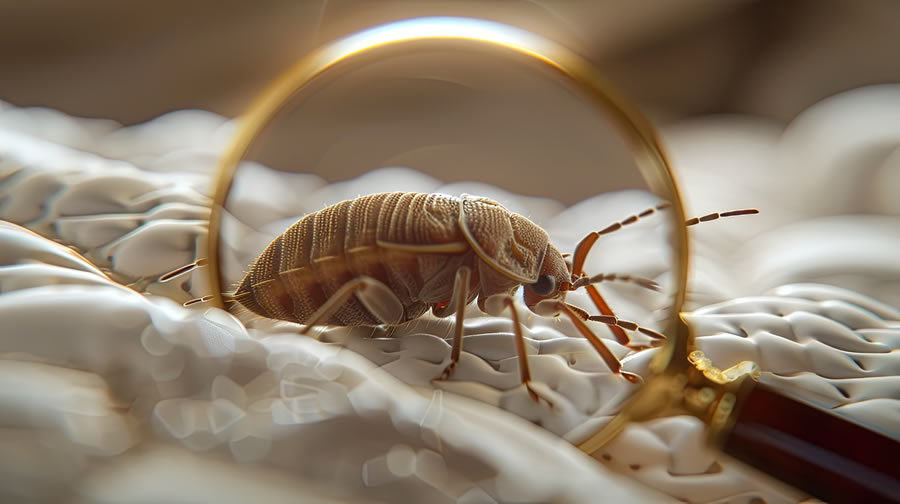
Bed Bug
When bed bugs invade, they disrupt your sense of peace, making your own bed feel like a battleground. These tiny pests are notorious for their resilience and rapid reproduction. At…
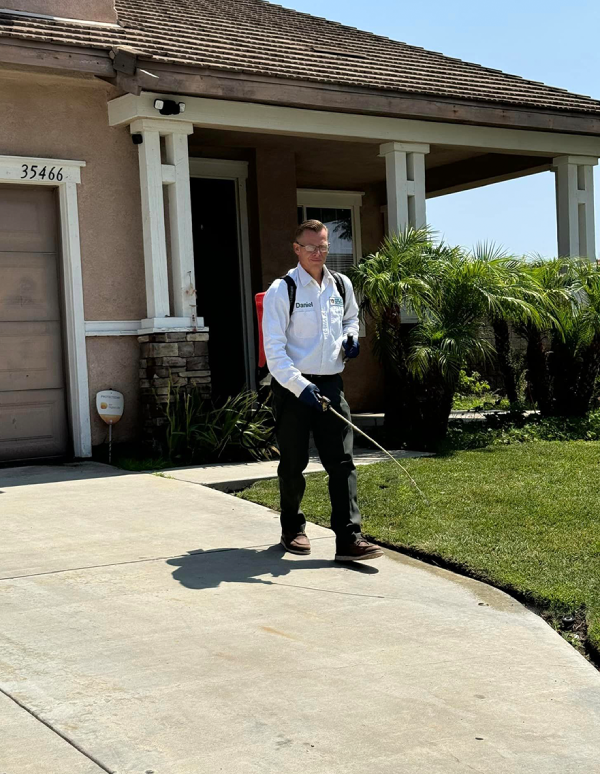
Commercial
Whether you manage a restaurant, office space, retail store, or warehouse, pests can quickly become a nightmare that threatens your reputation, finances, and compliance with health codes. At Wheeler's Pest…
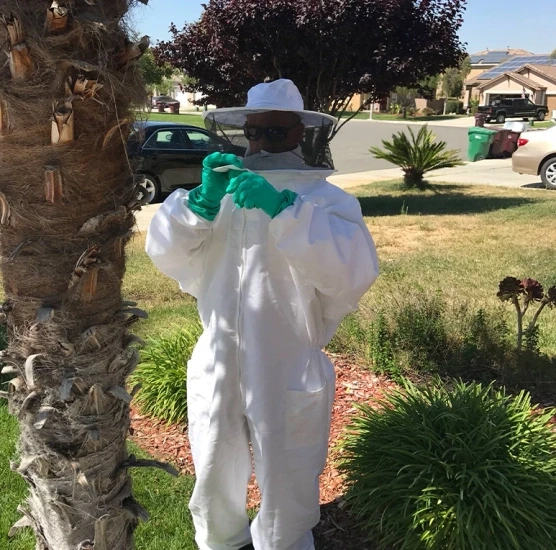
Bee Removal
Bees are vital to our ecosystem, but when they invade your home or yard, they can quickly pose a real danger. Whether it's a buzzing hive in your attic or…
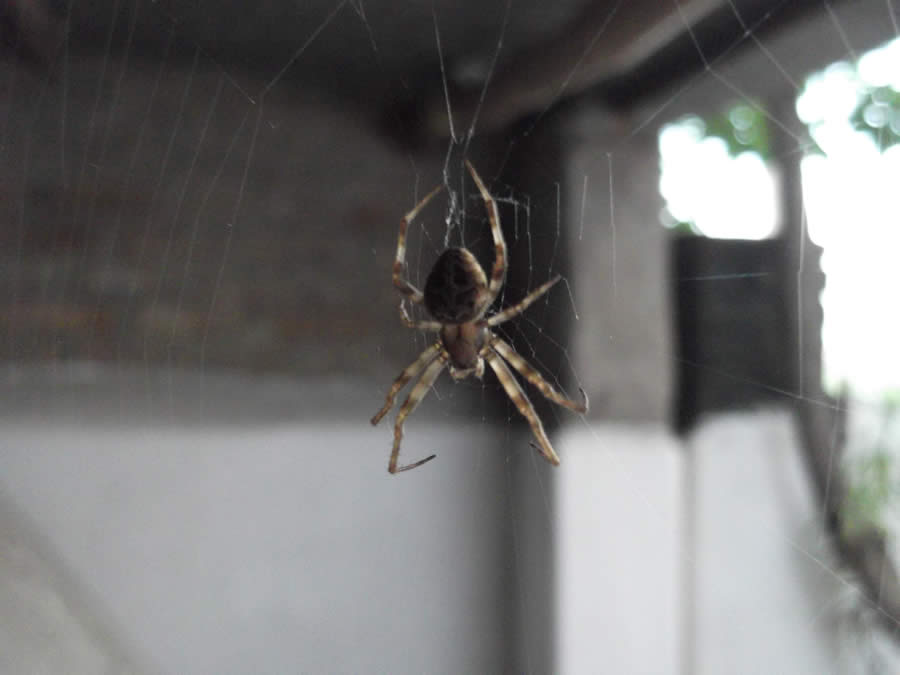
Spiders
People fear or dislike spiders but, for the most part, spiders are beneficial because of their role as predators of insects and other arthropods, and most of them cannot harm…
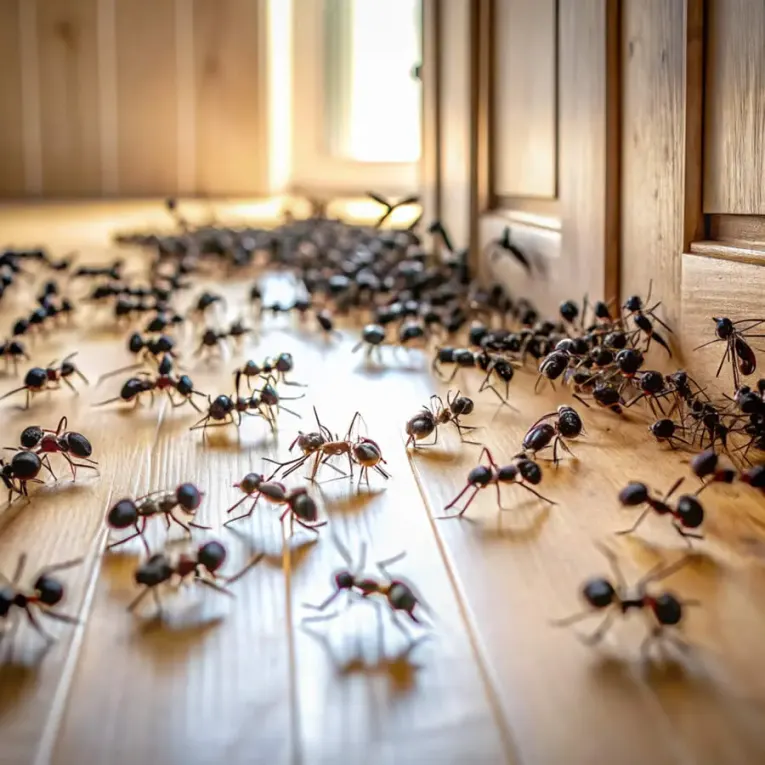
Ants
Have you found ants trailing through your kitchen or nesting in your walls? The good news is you don’t have to live with these persistent pests. Whether you’re dealing with…


Reducing mosquito populations around your home involves a combination of proactive measures and targeted mosquito control services. The first step is to eliminate potential breeding sites. This means regularly emptying and cleaning items that can hold water, such as birdbaths, flower pots, and gutters. Consider trimming back overgrown vegetation where mosquitoes like to rest during the day. Incorporate plants that naturally repel mosquitoes, such as citronella, lavender, and marigolds. These plants release fragrances that mosquitoes find unappealing, making them a natural addition to your mosquito control strategy. However, while these plants can provide some relief, they are not a substitute for more comprehensive mosquito control measures. Professional treatments typically involve applying insecticides to areas where mosquitoes are known to breed and rest. These treatments can reduce mosquito populations and make your outdoor spaces more enjoyable and safer.
DIY mosquito removal methods can include anything from store-bought sprays to homemade traps. While these methods sometimes offer temporary relief, they usually fall short when dealing with larger infestations or preventing future outbreaks. One of the main advantages of DIY mosquito control is cost. Products like mosquito repellent sprays, citronella candles, and mosquito traps are relatively inexpensive and readily available. However, these solutions typically require consistent reapplication or replacement. DIY methods rarely address the root of the problem, such as hidden breeding sites. On the other hand, professional mosquito control services offer a more comprehensive and long-lasting solution. These services target mosquitoes at every stage of their life cycle, from larvae to adults. A mosquito control service in Winchester will typically begin with an inspection to identify breeding sites and resting areas. Then, they can develop a customized treatment that effectively reduces the mosquito population around your home.
Are you ready to take back your yard? At Wheeler's Pest Control, we specialize in comprehensive mosquito control services to meet your needs. Whether you’re looking for a one-time treatment or ongoing protection, our mosquito control service in Winchester, California, will ensure that your home remains a safe and comfortable place for you and your loved ones. Contact us to schedule your appointment.
Guys came on time did their job in a very professional way and we are very happy with their service.
Company is on top of their game David showed up to get are gophers. came out three days in a row haven’t seen a go for since
Joseph is a great ambassador for Wheeler's pest control, and a shout out to Daniel for dealing with my crazy schedule. Thanks guys!
A local business that everyone should support. All techs are knowledgeable, professional! FYI, they are also great w/ eradicating gophers as well!!